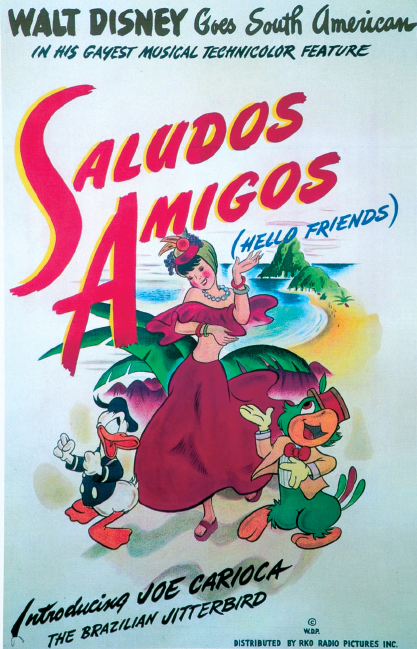How did the United States respond to international developments in the 1930s?
Printed Page 744

THE FIRST WORLD WAR left a dangerous and ultimately deadly legacy. The victors — especially Britain, France, and the United States — sought to avoid future wars at almost any cost. The defeated nation, Germany, aspired to reassert its power and avenge its losses by means of renewed warfare. Italy and Japan felt humiliated by the Versailles peace settlement and saw war as a legitimate way to increase their global power. Japan invaded the northern Chinese province of Manchuria in 1931 with ambitions to expand throughout Asia. Italy, led by the fascist Benito Mussolini since 1922, hungered for an empire in Africa. In Germany, National Socialist Adolf Hitler rose to power in 1933 in a quest to dominate Europe and the world. These aggressive, militaristic, antidemocratic regimes seemed a smaller threat to most people in the United States during the 1930s than did the economic crisis at home. Shielded from external threats by the Atlantic and Pacific oceans, Americans hoped to avoid entanglement in foreign woes and to concentrate on climbing out of the nation’s economic abyss.
CHRONOLOGY
1935–1937
- – Neutrality acts.
1936
- – Nazi Germany occupies the Rhineland.
- – Italian armies conquer Ethiopia.
- – Spanish civil war begins.
1937
- – Japanese troops capture Nanjing.
CHAPTER LOCATOR
How did the United States respond to international developments in the 1930s?
How did the outbreak of war affect U.S. foreign policy?
How did the United States mobilize for war?
How did the Allies turn the tide in Europe and the Pacific?
How did the war change life on the American home front?
How did the Allies finally win the war?
Conclusion: Why did the United States emerge as a superpower at the end of the war?
 LearningCurve
LearningCurve
Check what you know.